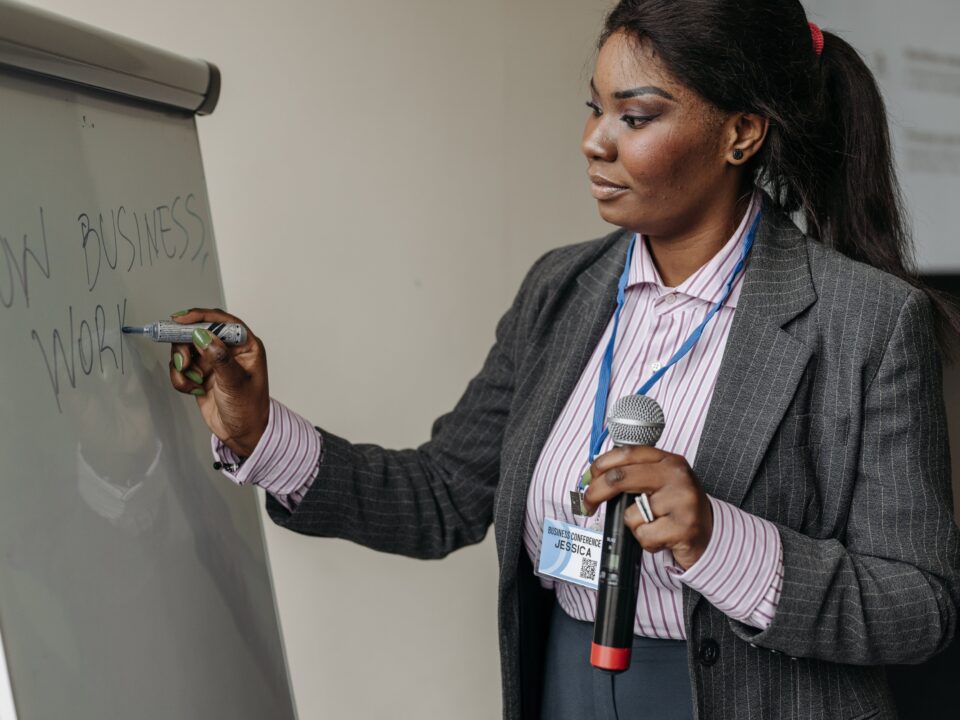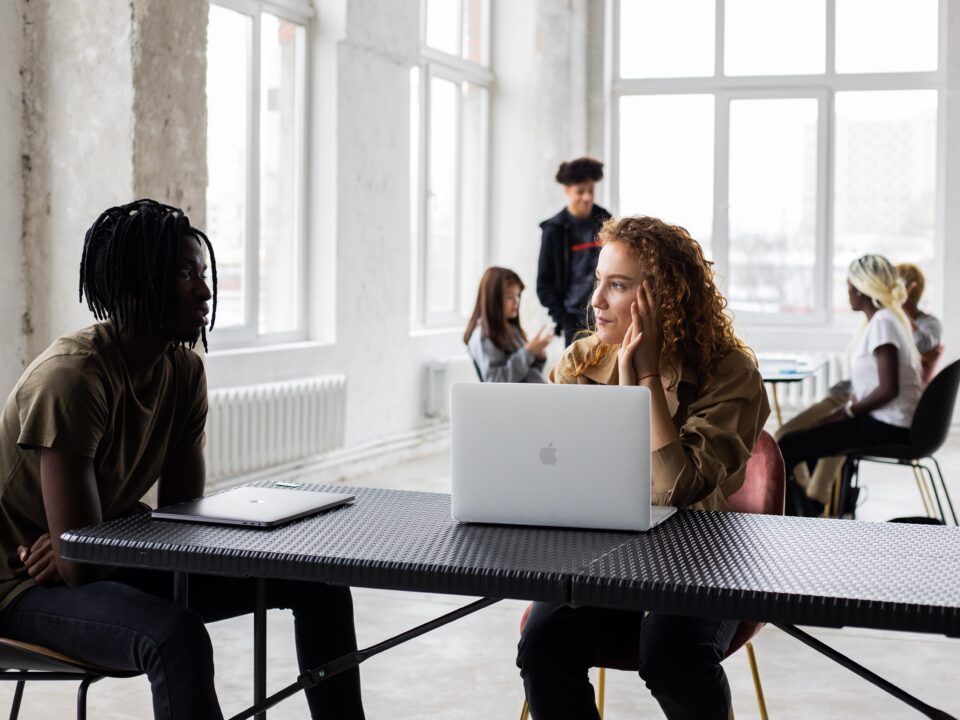How Companies are Making the Most of the COVID-19 Crisis
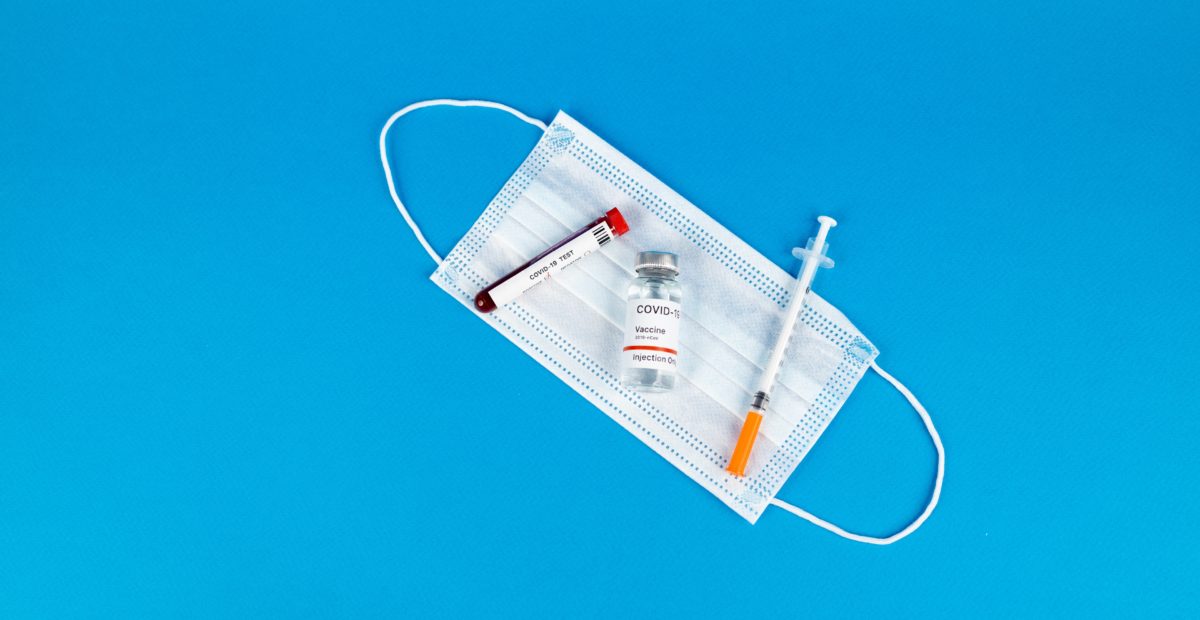
Featured image by Maksim Goncharenok, Pexels.com
Introduction
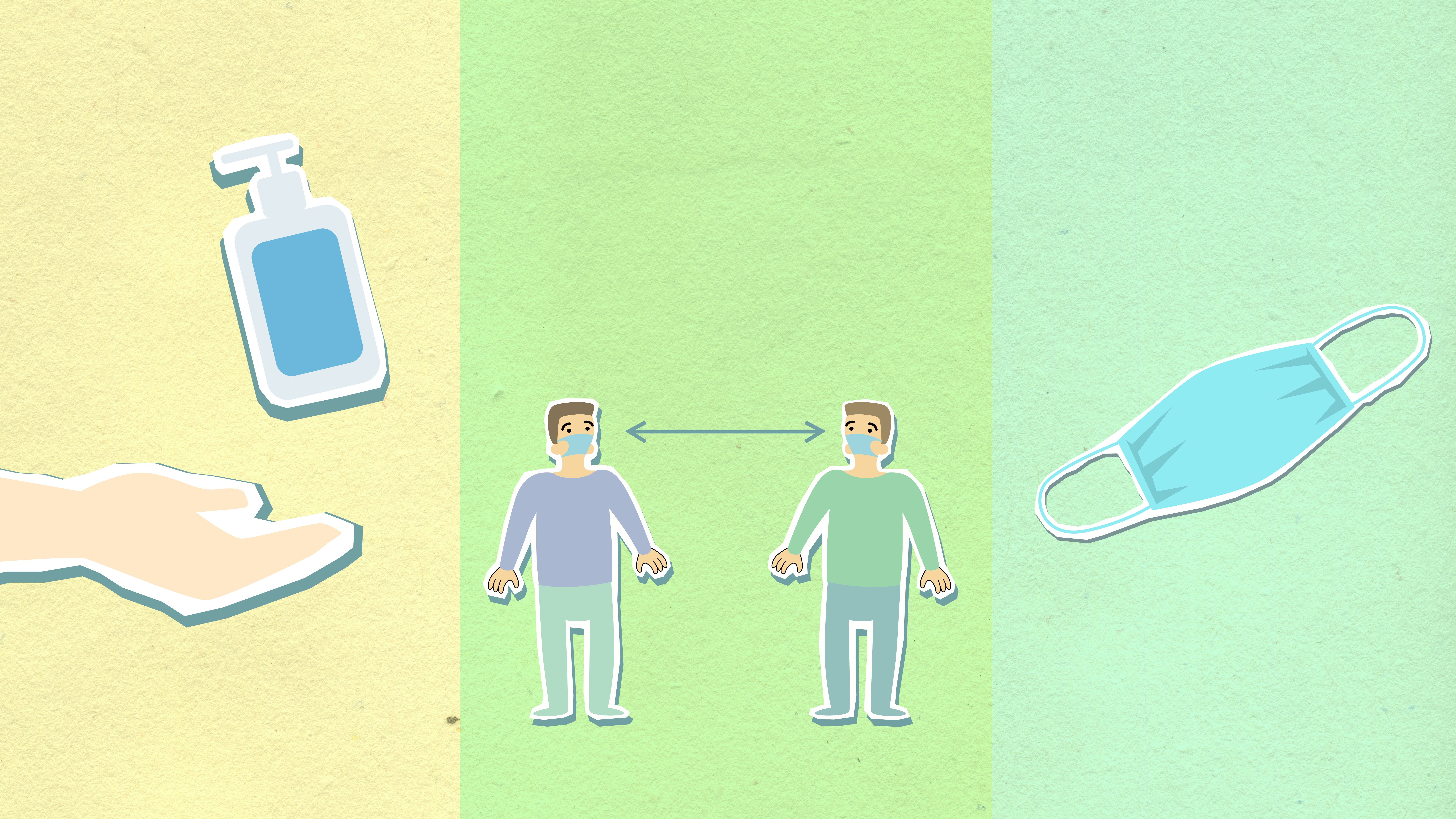
Image by Monstera, Pexels.com
The Coronavirus, or COVID-19, crisis has made a disruptive impact on companies worldwide. It has caused non-essential high street shops such as River Island and Waterstones to close until 15th June 2020 (although the shops closed again during the other two lockdowns in autumn 2020 and January 2021); therefore, customers have resorted to purchasing from these shops online. Like essential shops such as the Co-Operative and Boots, non-essential shops have put safety measures in place such as Perspex screens at tills, encouraging shoppers to keep 2 metres away from each other, encouraging shoppers to wear face coverings unless they are exempt and only allowing a certain number of customers in the shop at a time. People who work in office jobs are being encouraged to work from home if they are able to, such as those who work or volunteer for Exceptional Individuals.
World Economic Forum
The World Economic Forum and its partners for example “are coming together and innovating to minimise the impact on public health and to limit disruptions to economies and supply chains.”
The Mining Industry
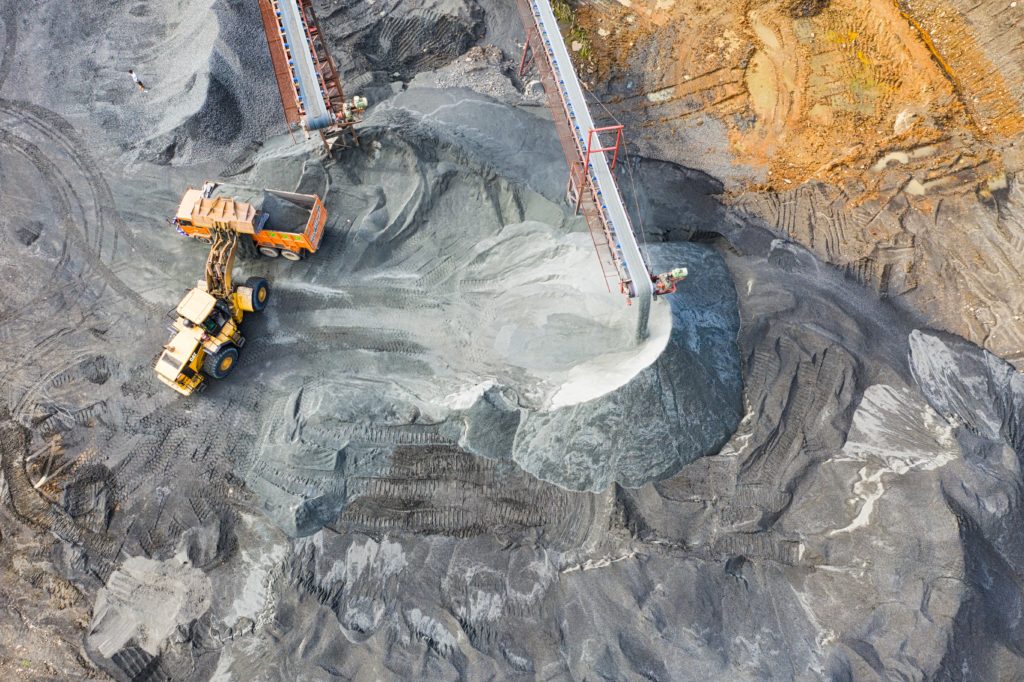
Image by Tom Fisk, Pexels.com
One type of industry that has been hit by the COVID-19 crisis the hardest is the mining industry. Anglo American, one of the WEF’s partners, is one mining business that has contributed to the effort of providing “more than $315 million to global response efforts through COVID-19 funds and individual company donations to national relief efforts.”
The efforts of Anglo American will provide “support to host communities from around the world including Africa, Australia,” North America and South America. The support being provided in South Africa for instance involves “providing water tanks to 69 villages and clinical training and PPE equipment to 70 local clinics.” The work also includes “providing 6,000 food parcels per month for three months” to help residents in quarantine.
The Anglo American Chief Executive, Mark Cutifani, said, “We are doing all we can to safeguard our people and their families from the spread of COVID-19, while also providing support to our host communities and countries where it’s most needed. Our direct response to address the effects of COVID-19 is tailored to the specific and most urgent needs of our host communities and countries, recognising their very different socio-economic factors.”
Siemens Healthineers
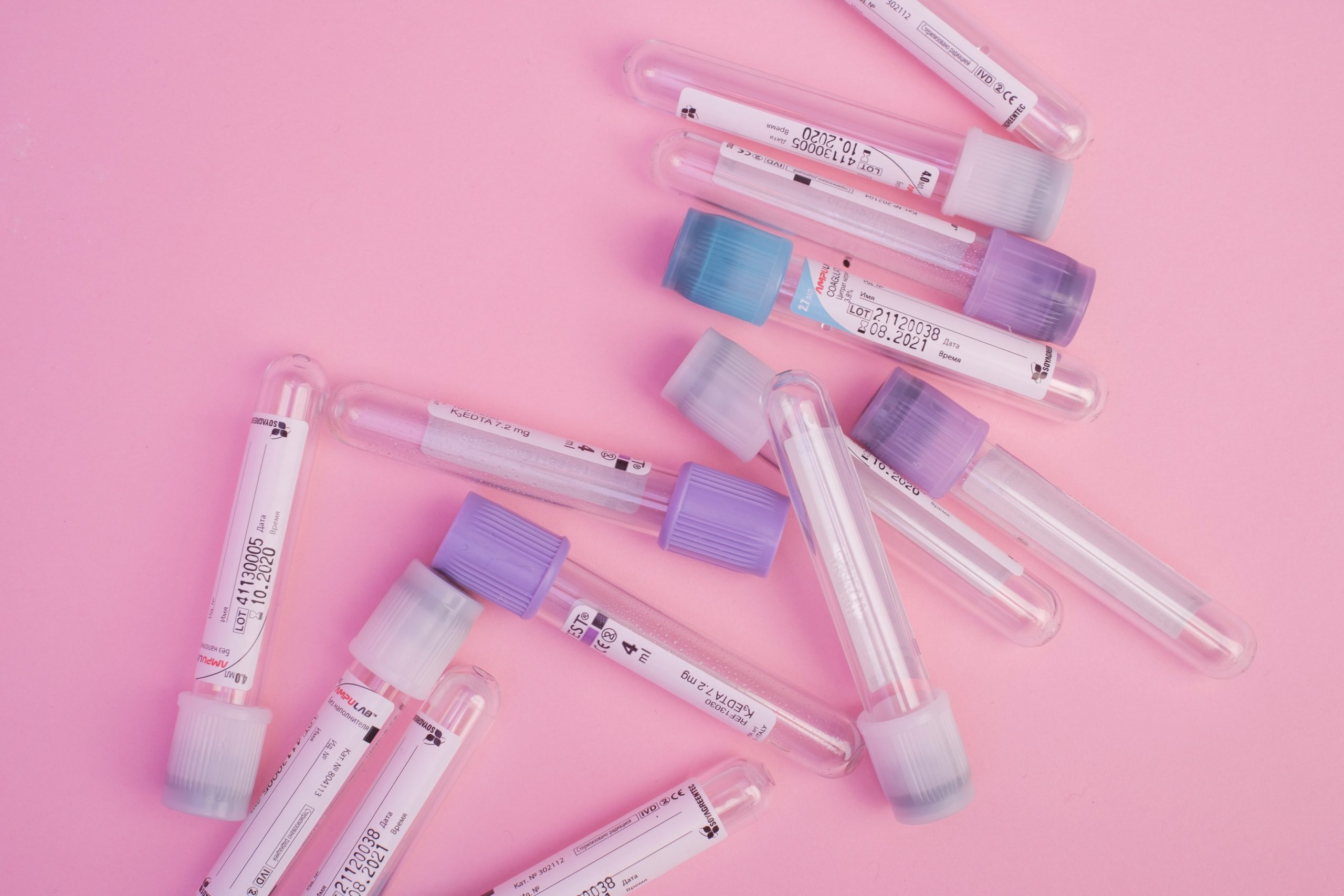
Image by Alena Shekhovtcova, Pexels.com
As of June 2020, the German medical technology group Siemens Healthineers are providing SARS-Cov-2 (another way of labelling COVID-19) antibody tests. The U.S. Food and Drug Administration (FDA) has authorised the test “after test data showed 100% sensitivity and 99.8% specificity.”
UPS Foundation
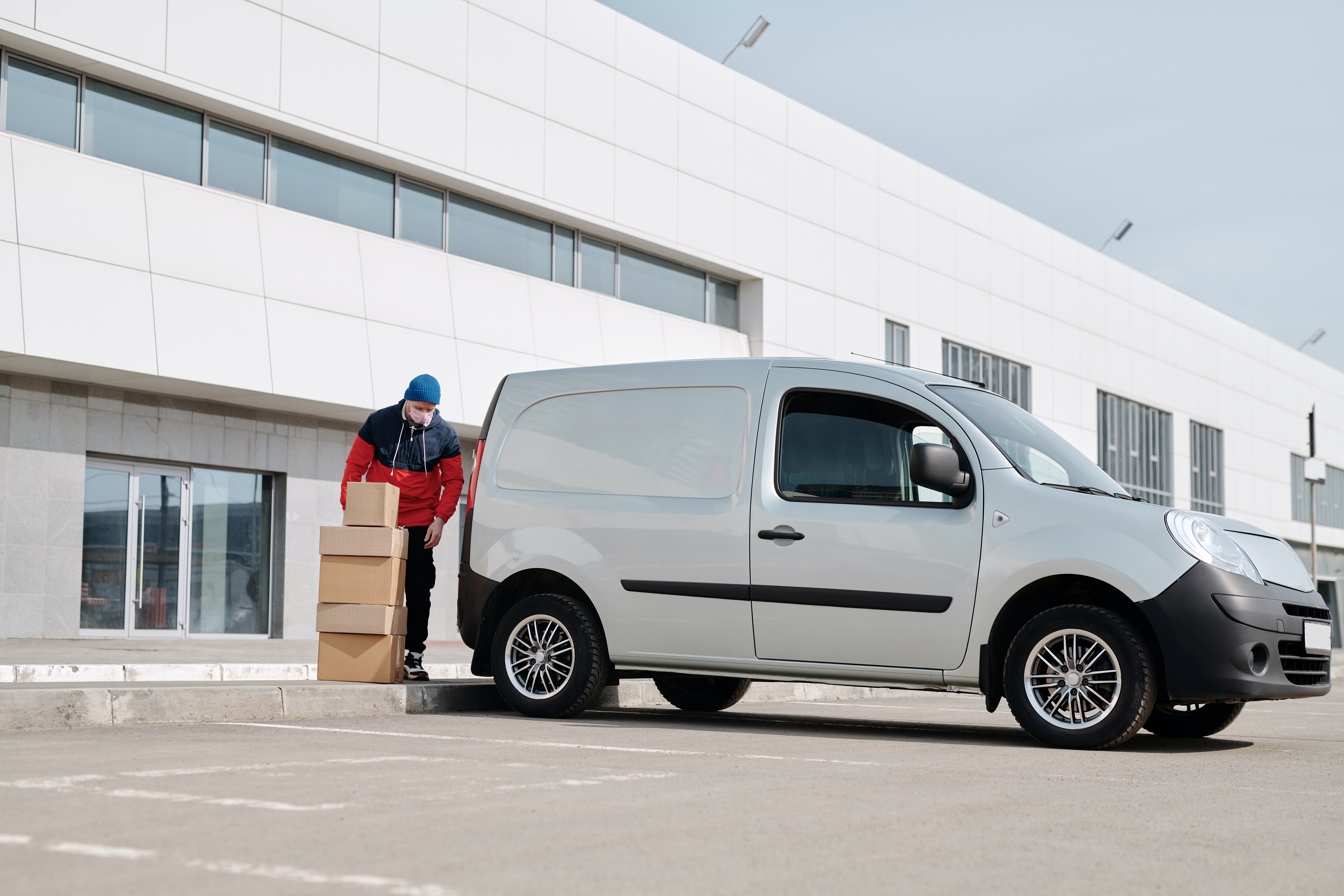
Image by Norma Mortenson, Pexels.com
The logistics firm the UPS Foundation, another WEF partner, is delivering vaccines to “isolated communities around the world.” The foundation has pledged $3 million to Gavi, the Vaccine Alliance, in order to deliver the vaccines.
Hygiene Measures and Provision of Food, Medical Nutrition Products and Water
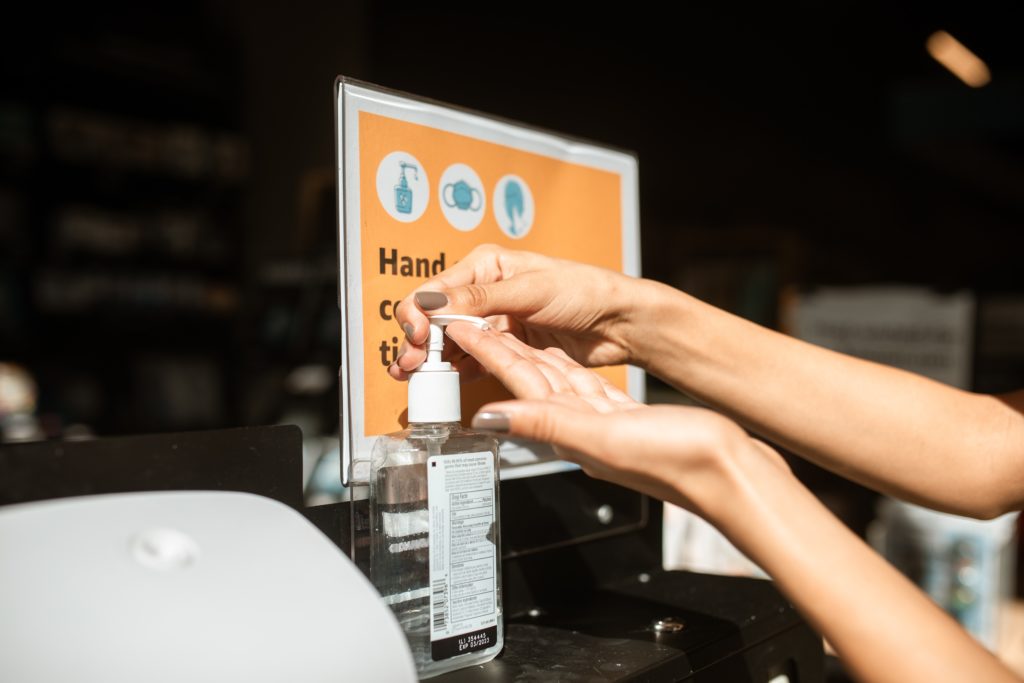
Image by RDNE Stock project, Pexels.com
Many companies such as United Nations in India, Sasol, Anheuser-Busch InBev, Procter & Gamble and Unilever are responding to the COVID-19 crisis by encouraging regular hand washing and sanitising as well as providing hand sanitiser, soap and food to areas that are most in need.
PepsiCo have provided 50 million meals to communities that are the hardest hit by the virus such as out-of-school children and out-of-work restaurant staff.
Nestle has provided emergency help by “donating food, medical nutrition products” and bottled water “to countries in greatest need.”
Employee Benefit Programmes
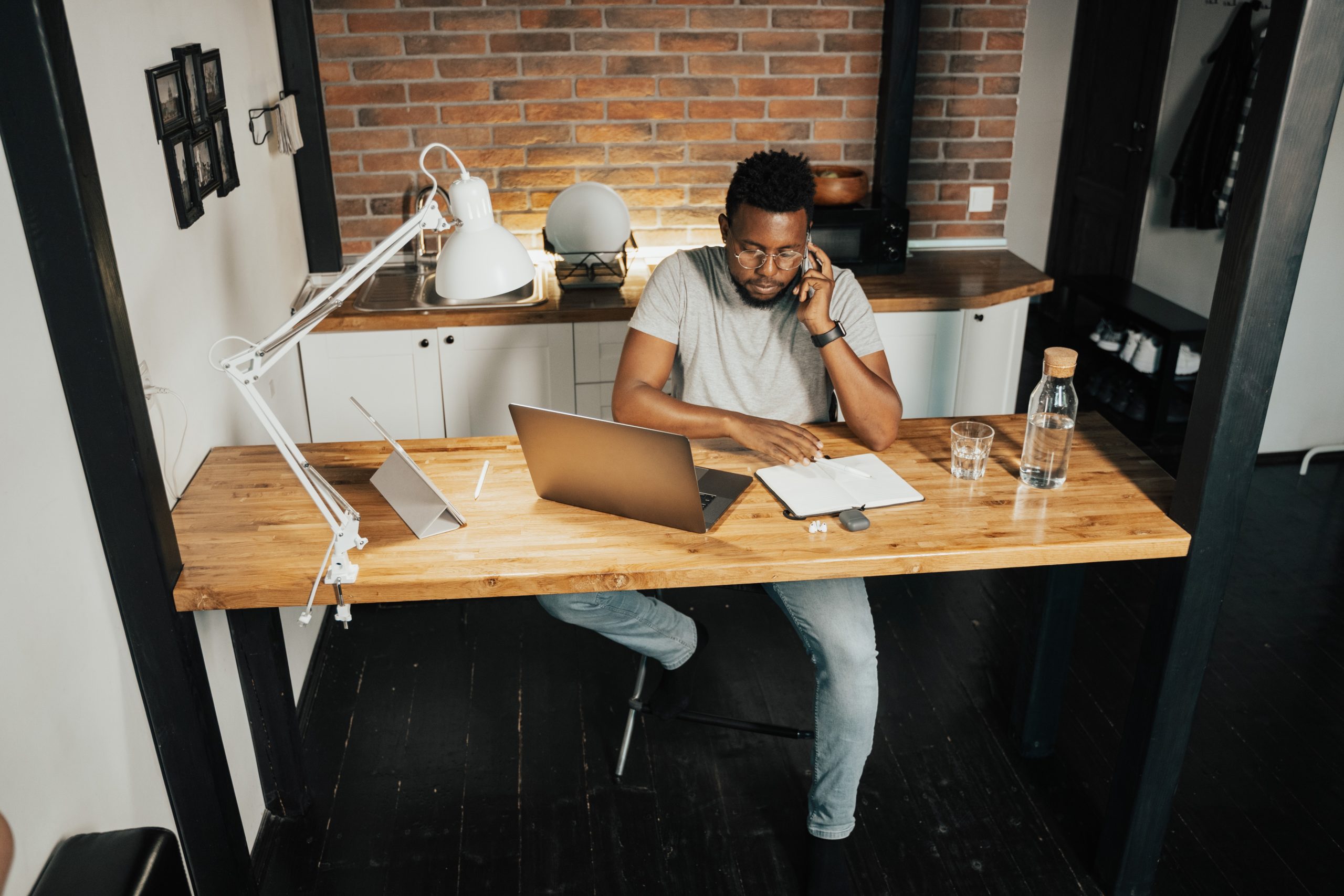
Image by Tima Miroshnichenko, Pexels.com
According to a study by Willis Towers Watson, 2 in 5 companies in the U.K. “are changing their employee benefit programmes” in response to COVID-19. The key drivers of this change are cost management, such as 44% of respondents expecting an increase in sick leave costs and 34% expecting Group Life Assurance and Dependent Pension costs to rise, and changes to the working environment, such as working from home where possible.
Temporary Hospital Facilities
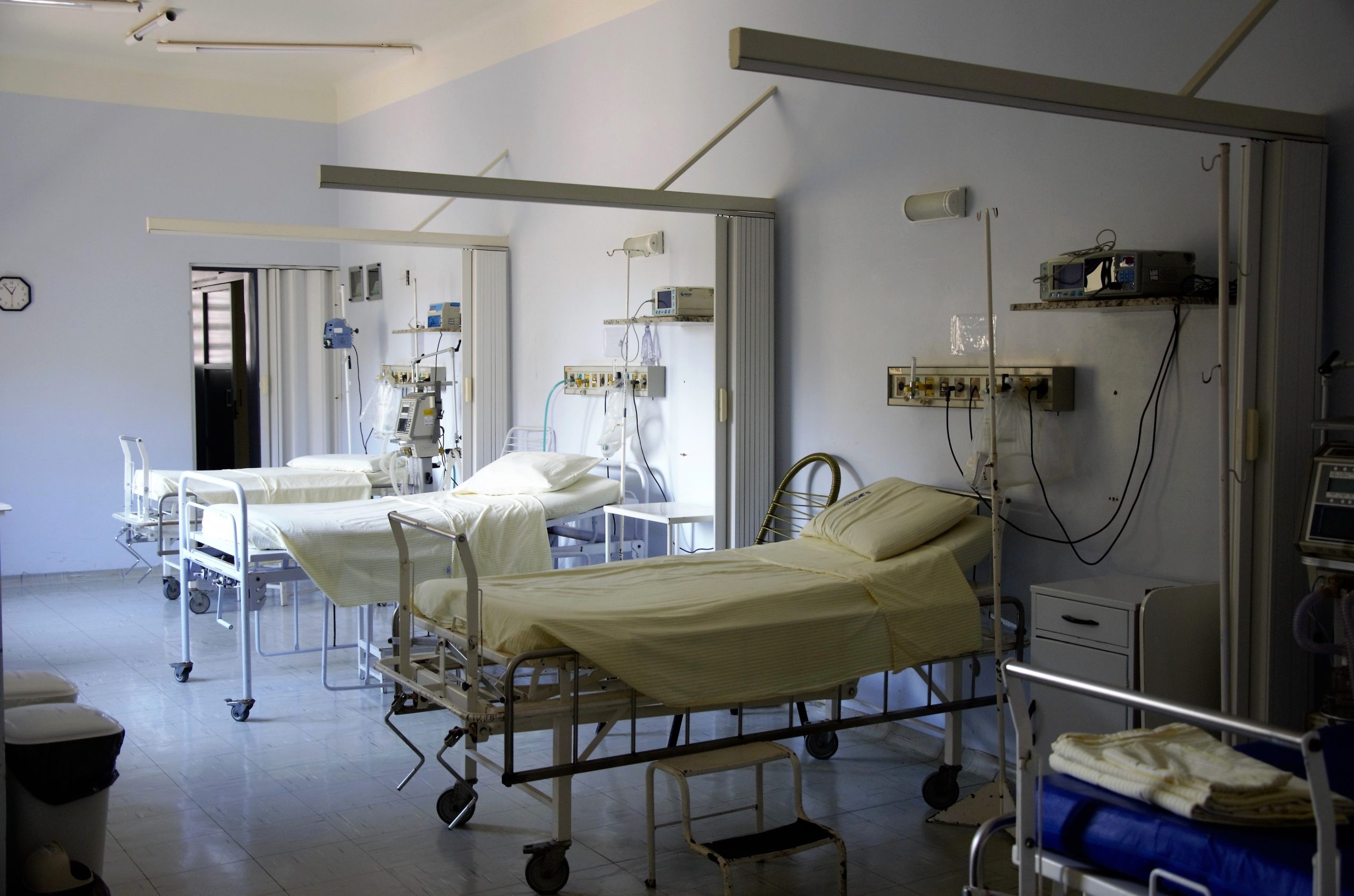
Image by Pixabay, Pexels.com
Several countries around the world are housing temporary hospital facilities, such as the ExCel Centre in London being transformed into one of seven NHS Nightingale Hospitals throughout the U.K. specifically for COVID-19 patients. The NHS Nightingale Hospital in London has “4,000 beds with oxygen and ventilators.” Hewlett Packard Enterprise (HPE) has donated $50 million-worth “of secure connectivity kits” to allow medical staff to connect to the Internet. The kits will be used “in healthcare facilities in the US, Canada and some European and Asian countries.”
TestCenter Danmark
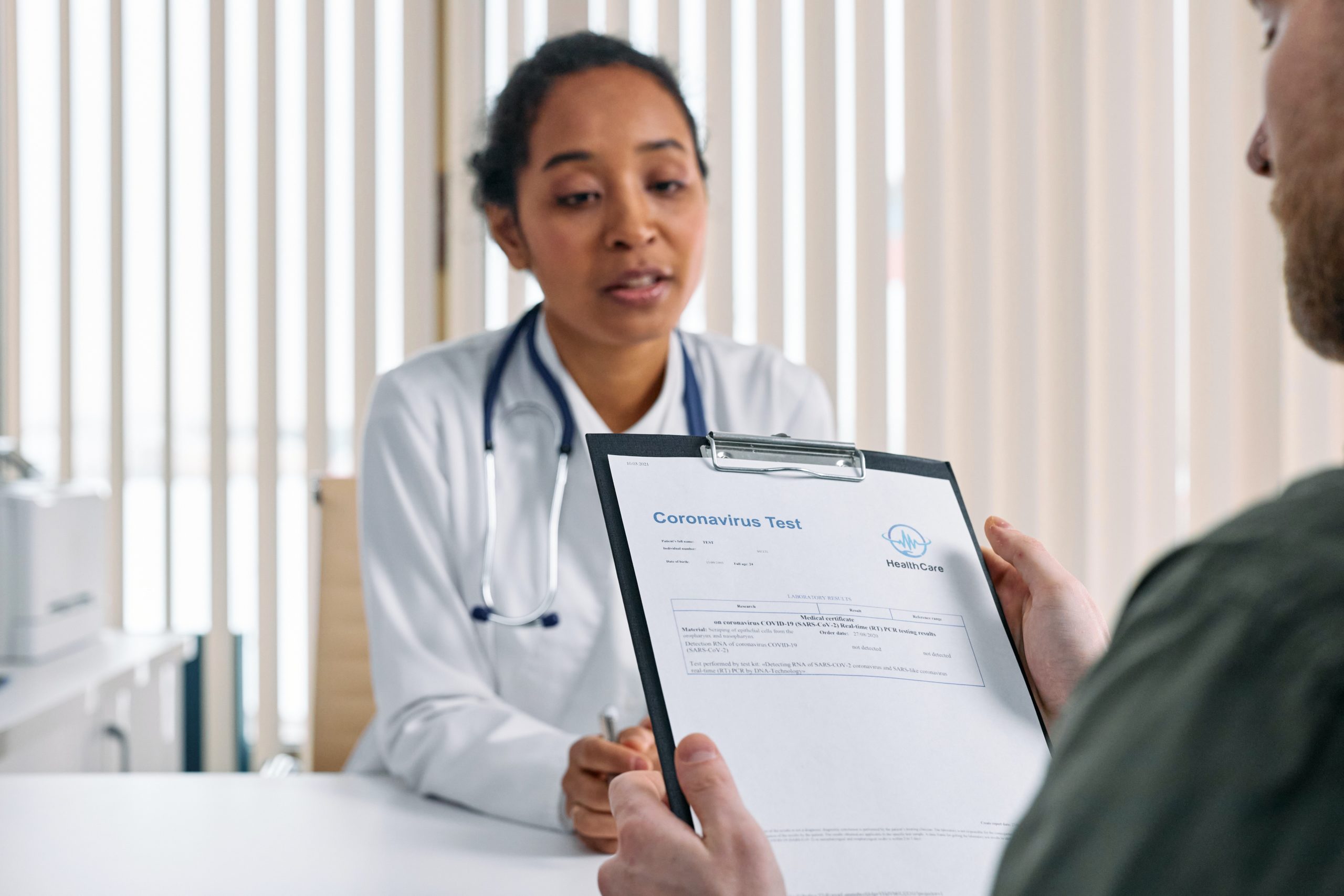
Image by cottonbro studio, Pexels.com
In Denmark, a new grant of 50 million Danish Krone (6.7 million Euros) has allowed the TestCenter Danmark “to carry out up to 3 million tests” for COVID-19.
Provision of Medical Equipment and PPE

Image by Karolina Grabowska, Pexels.com
Some of the world’s leading 3D printing manufacturers such as HP, Johnson & Johnson, General Electric and Royal DSM have provided medical equipment such as swabs and ventilators and PPE (personal protection equipment) such as face masks and face shields to medical facilities worldwide.
The Coca-Cola company are re-deploying “resources to make face shields for those on the COVID-19 frontline in North America.”
Apple have donated millions of face masks to frontline staff in the USA and Europe.
COVID-19 Vaccine Development
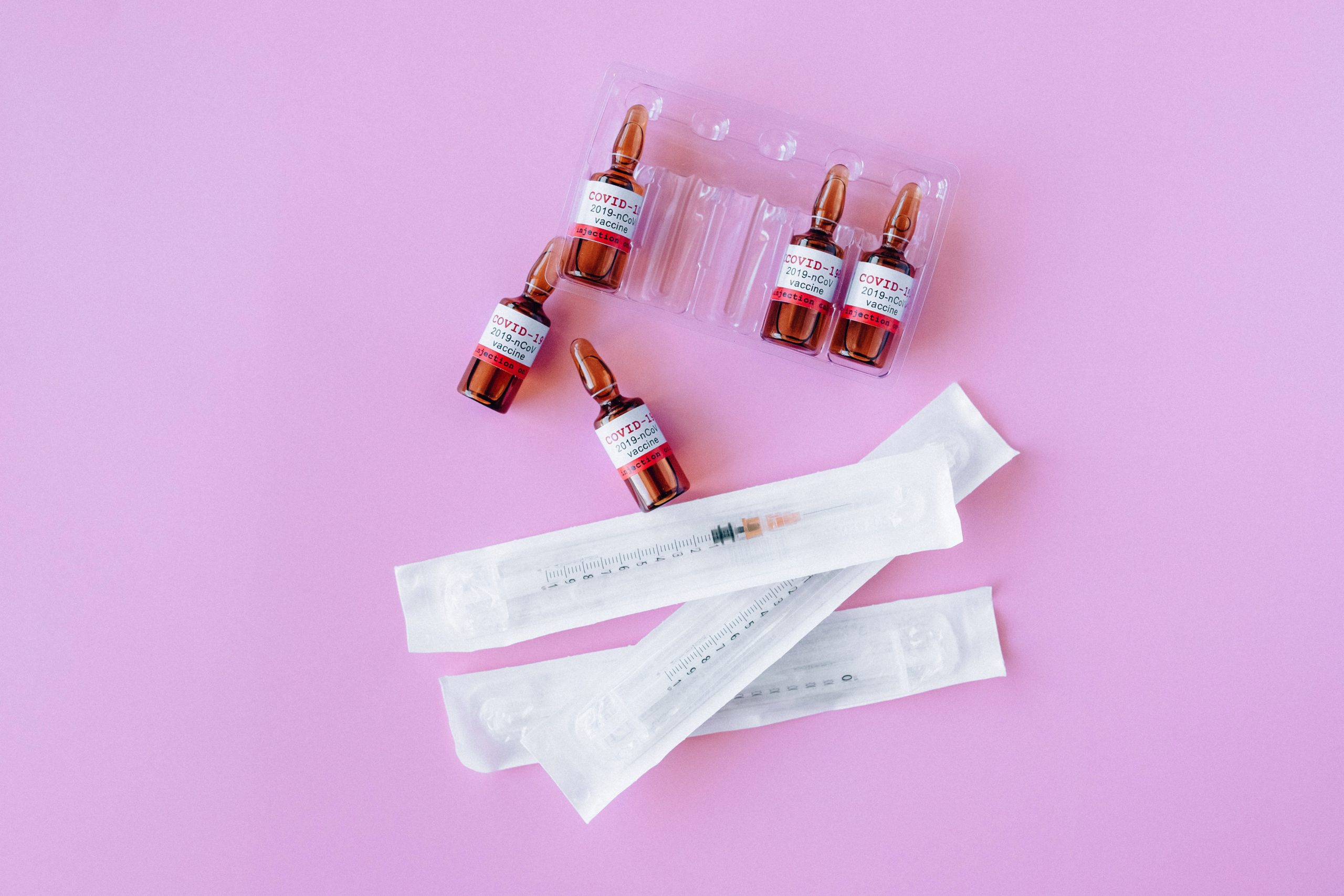
Image by Nataliya Vaitkevich, Pexels.com
Sanofi and GSK are working together to develop a vaccine against COVID-19. They are aiming to make this treatment available to the market within the next 12 to 18 months.
Initiatives from LEGO
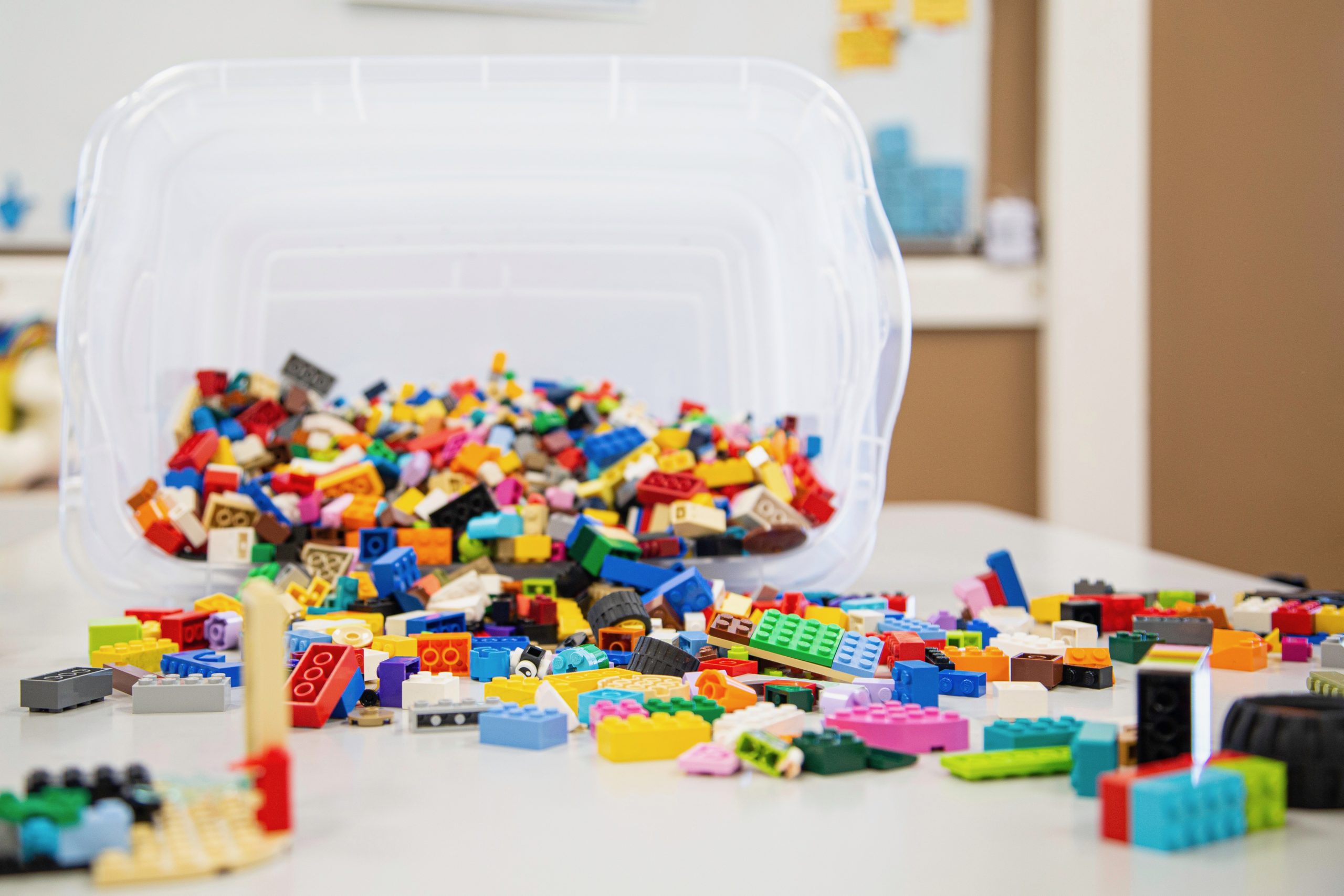
Image by Scott McNiel, Pexels.com
LEGO has responded to the virus by launching two initiatives, one to support children in need by giving them access to learn through play and the other to encourage “families worldwide to connect to play-based learning across social media.”
Summary
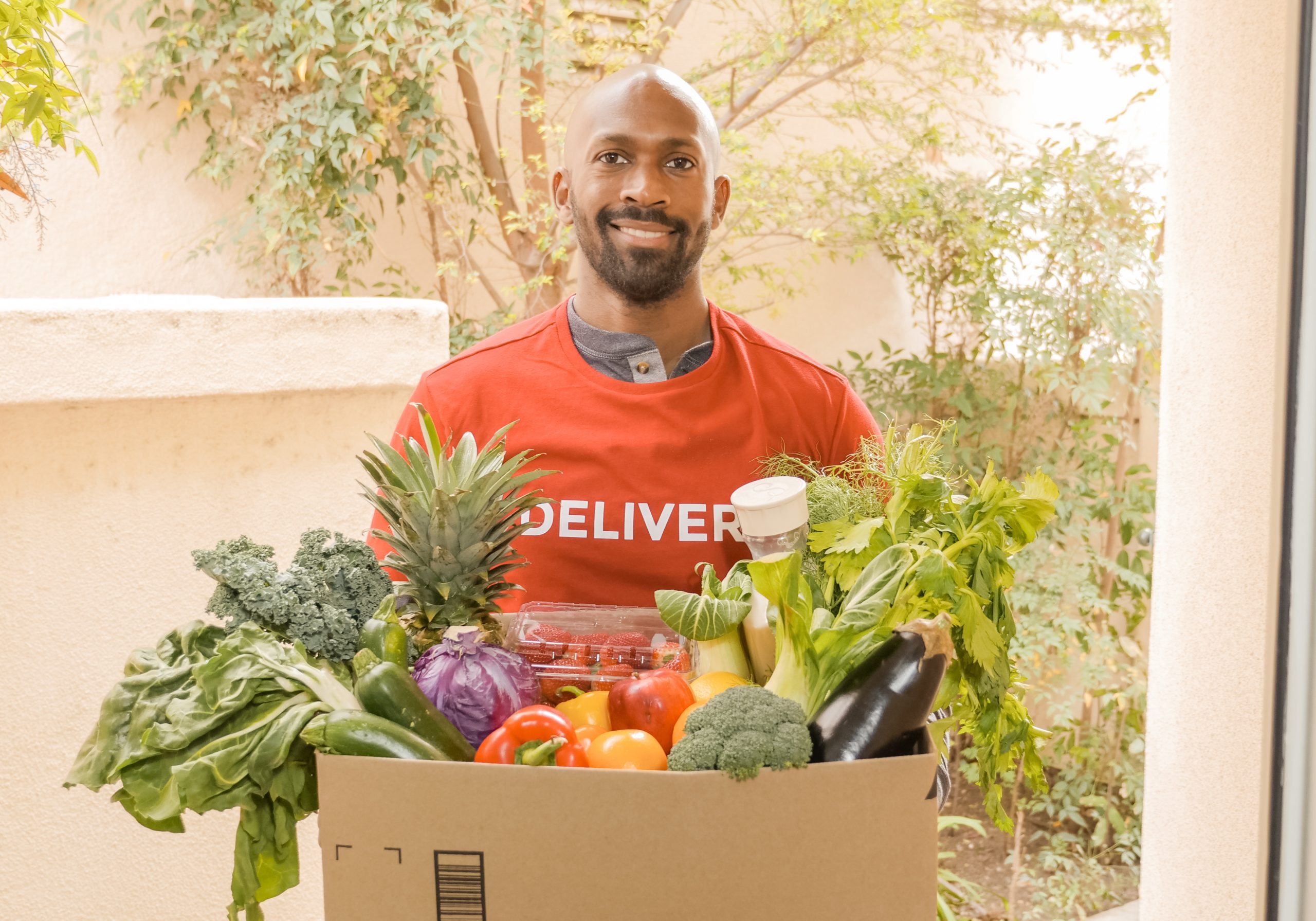
Image by Kindel Media, Pexels.com
The key ways companies have responded to the COVID-19 crisis include temporarily closing non-essential shops; re-opening these shops with strict safety measures put in place (such as when parts of England were in Tier 1, Tier 2 or Tier 3); encouraging staff to work from home where possible; providing medical equipment and PPE to medical facilities; providing COVID-19 tests to larger numbers of people; and providing food packages to those who are most in need.



